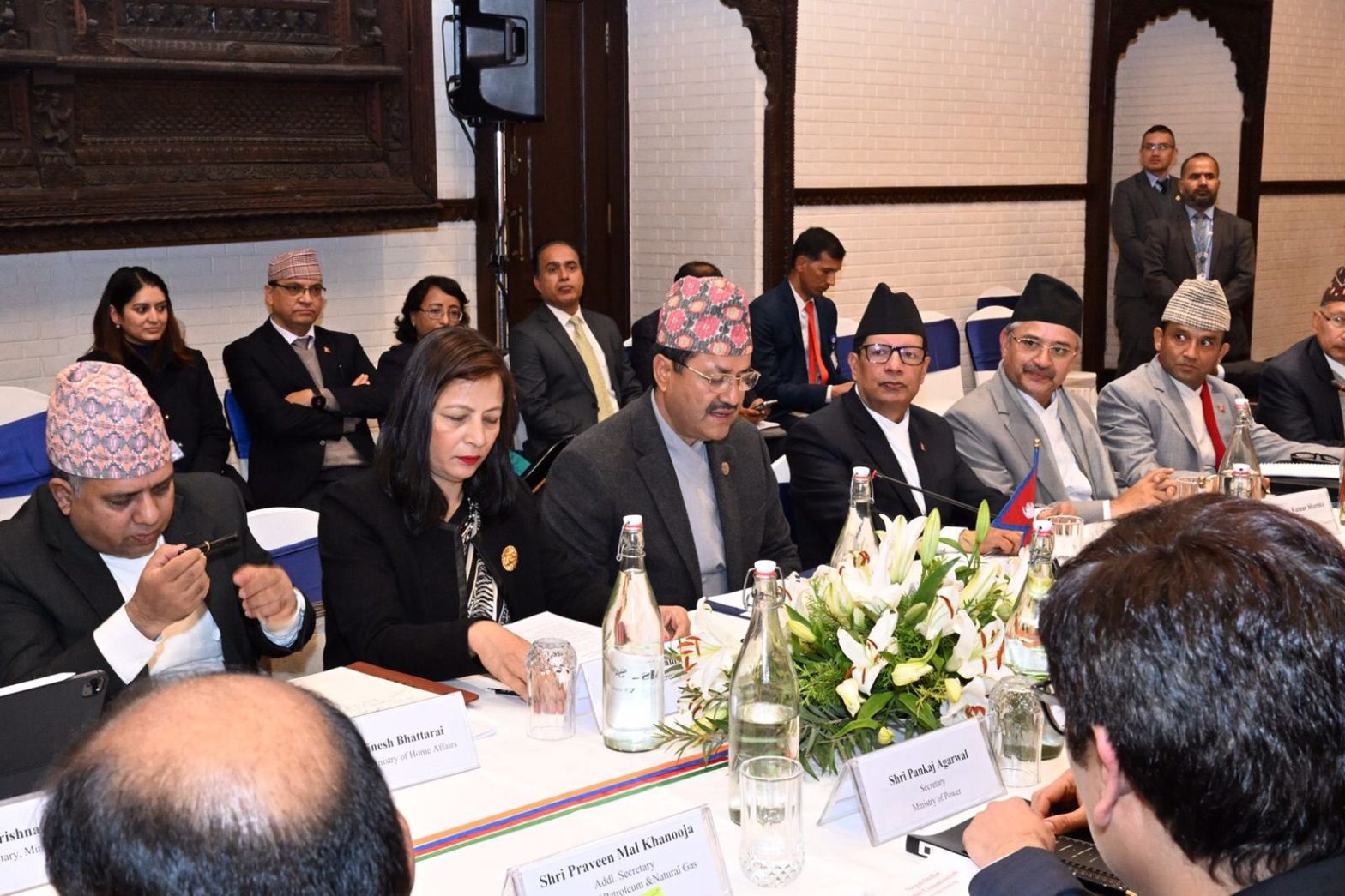Kathmandu: The seventh meeting of the Joint Commission (JC) of Foreign Ministers of Nepal and India concluded with significant diplomatic strides as the two nations inked four crucial agreements. Co-chaired by Nepalese Foreign Minister NP Saud and Indian External Affairs Minister S. Jaishankar, the meeting unfolded at Hotel Yak and Yeti in Kathmandu on Thursday.
Amrit Bahadur Rai, the Spokesperson at the Ministry of Foreign Affairs (MoFA), revealed that the discussions during the JC meeting encompassed a wide array of topics, including economic relations, connectivity, trade and transport, energy and water resources, education, culture, and political issues. The collaborative efforts aimed to fortify and diversify the bilateral ties between Nepal and India.
Following the meeting, officials from both nations signed four significant agreements and memorandums of understanding. In the presence of the foreign ministers, these agreements included:
- A long-term power trade agreement, outlining the purchase of 10,000 megawatts of electricity over the next 10 years.
- Support for community development projects.
- The launch of a satellite manufactured by Nepal.
- Support for the development of renewable energy in Nepal.
Additionally, the two countries exchanged agreements on the Implementation of High Impact Community Development Projects, Long Term Power Trade Cooperation in Renewable Energy Development, Munal Satellite, and Handover of the 5th tranche of post-Jajarkot earthquake relief supply. Notably, the foreign ministers jointly inaugurated three cross-border transmission lines during the JC, emphasizing the commitment to strengthening regional connectivity.
These agreements mark a significant step towards fostering mutual collaboration and addressing shared concerns, highlighting the enduring diplomatic ties between Nepal and India.
